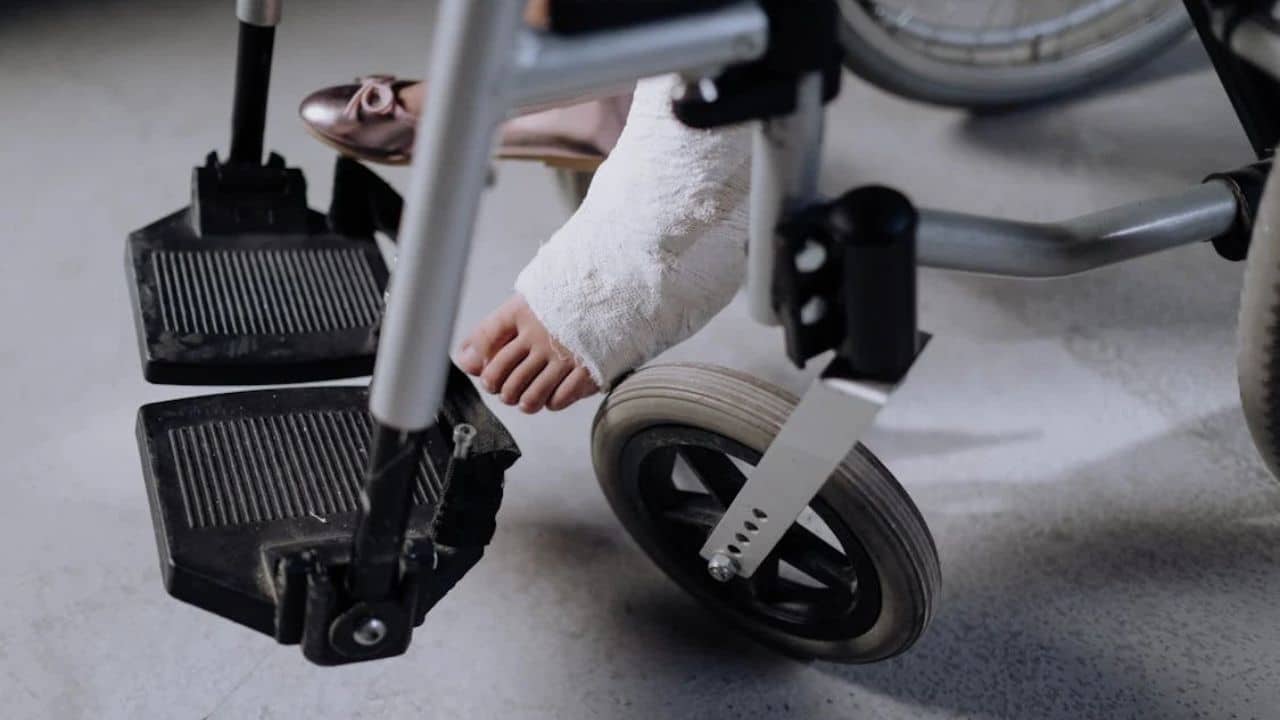Experiencing an accident can be a chaotic and overwhelming time. Navigating the aftermath can be particularly complex, as you often feel disoriented while trying to manage your recovery, insurance claims, and potential legal actions. However, understanding your rights and the steps you can take to protect them is essential for ensuring you receive fair compensation and support. Here, we explore six legal hacks to help safeguard your interests after an accident.
1. Understand Your Rights and Responsibilities
Right after an accident, it’s crucial to familiarize yourself with both your rights and responsibilities. This knowledge lays the groundwork for effective action. In most jurisdictions, victims of accidents have the right to receive compensation for medical expenses, lost wages, and pain and suffering. However, responsibilities such as notifying the police and your insurance company promptly must also be observed. Failing to comply with these legal obligations could adversely affect your case.
In the instance of a traffic accident, for example, the law requires drivers to stop and exchange information. Not adhering to this could result in a loss of rights regarding claims, especially if the other party decides to pursue legal action. Therefore, documenting everything from the scene can be advantageous. Speak to witnesses, gather statements, and take photos whenever possible.
2. Document Everything Thoroughly
One of the most effective ways to protect your rights after an accident is through meticulous documentation. Keeping track of all details — including medical records, accident reports, receipts related to expenses, and communication with insurance companies — can strengthen your case. The more evidence you have, the stronger your position will be.
After an accident involving personal injury, such as a slip and fall accident, legal representation can prove invaluable. Having a lawyer experienced in these specific circumstances ensures that you comply with required legal processes while maximizing potential compensation. The assistance of Slip & Fall Accident Lawyers can provide critical insights into what documentation is necessary to support your claims. These legal professionals can also assist in negotiations with insurance companies, helping to eliminate guesswork regarding compensation amounts
3. Seek Medical Attention Without Delay
Another critical element in protecting your rights after an accident is obtaining prompt medical attention. Failing to do so can not only jeopardize your health but also weaken your legal stance. Insurance companies often scrutinize the timeline of medical treatment, and delays can lead them to question the legitimacy of your injuries.
Even if you feel fine initially, symptoms may manifest hours or days later. A thorough medical evaluation not only identifies any injuries but also establishes a record that can be vital in legal proceedings. If injuries are documented in the proper timeframe, they could serve as strong evidence of the link between the accident and your condition.
4. Be Cautious With What You Say
During the aftermath of an accident, it’s essential to be cautious with your statements. Whether speaking with law enforcement, insurance agents, or even friends and family, every word could potentially impact your case. Avoid admitting fault or making statements that could be interpreted as an admission of guilt, even if the accident appears to have been your error.
Often, accidents are more complex than they initially seem. Factors contributing to accidents may include poor weather conditions, road defects, or vehicle malfunctions. Therefore, being reticent in your comments can prevent complications that may arise later when assessing liability.
5. Engage with Insurance Smartly
Insurance lingo can be complicated, and engaging with your insurance company requires strategic thinking. It’s essential to understand the terms of your policy and be aware of your coverage limits. When filing a claim, provide only the necessary information, and refrain from accepting first offers without thorough consideration. Insurance companies often offer lower settlements hoping to resolve claims quickly.
If you have legal representation, it’s beneficial to have them communicate with your insurance. This approach not only ensures that your rights are preserved, but your lawyer can also negotiate on your behalf. This level of expertise can significantly influence the outcome of your settlement negotiations.
6. Consider Legal Representation and Know the Legal Deadlines
After an accident, considering legal representation becomes vital if you find yourself facing ongoing disputes with insurance or if your injuries prove severe. A skilled attorney can navigate the intricacies of accident law and advocate for your rights effectively. They can assess the merits of your case, strategize an approach, and present a compelling argument. Moreover, legal counsel serves as a buffer between you and insurance companies, relieving stress and allowing you to focus on recuperation. They will help ensure you are fully aware of your rights and any timelines associated with filing claims, enabling you to make well-informed decisions.
Each jurisdiction enforces specific statutes of limitations, dictating how long an individual has to file a personal injury claim. Missing this deadline can result in losing your right to claim compensation for damages. Therefore, staying informed about these deadlines is paramount in accident law.
For most personal injury claims, the time limit typically ranges from one to three years, depending on the state and circumstances. However, certain caveats, such as the victim being a minor or extending time due to complex injuries, may apply. Consulting with legal expertise can clarify these limitations and guide your actions accordingly, ensuring that you do not miss vital opportunities.
Protecting your rights after an accident requires diligence and informed action. By understanding your rights, documenting the incident comprehensively, and engaging with medical and legal resources appropriately, you can create a robust strategy for recovery and compensation. Each step plays a crucial role in securing a favorable outcome and initiating your path to recovery.




































